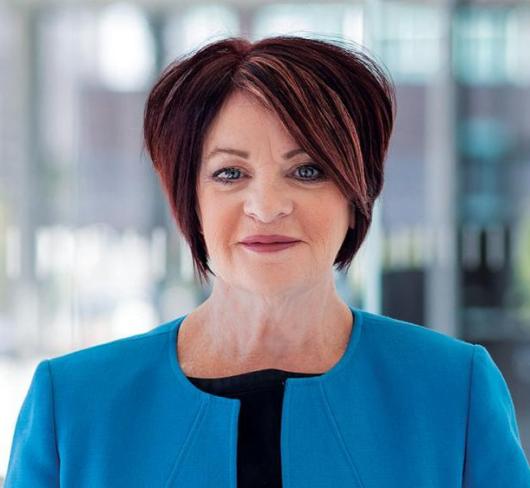New Collective Agreements Support Teacher Professionalism (From the General Secretary)
Elementary teachers are professionals. They understand how best to organize their time and commitments to meet the educational needs of their students. ETFO collective agreements support teacher professionalism. A case in point is the newly negotiated language relating to staff meetings. During the last round of negotiations language about staff meetings was placed in every collective agreement for our teacher members.
As you will note in Christine Brown’s column on page 34, the new collective agreements do not make attendance at staff meetings mandatory. Teachers are expected to attend them, and in most cases doing so is probably wise. However, you are not required to attend.
Furthermore, the agreements stipulate that staff meetings, on average, must be no more than 75 minutes long and held no more than once a month. The dates for the year’s staff meetings should be scheduled at the beginning of the year in consultation with the teachers in the school. The teachers should also be consulted on the agenda for staff meetings. Meetings should begin as soon as possible after classroom responsibilities have concluded and, in any case, no more than 15 minutes after students have been dismissed.
Why is it important to have these restrictions on staff meetings?
Traditionally staff meetings were an opportunity for boards and principals to deliver information to teachers and education workers and for the staff to discuss administrative and operational issues. Recently teachers have been overwhelmed with new demands from the Ministry of Education and school boards eager to implement new initiatives and raise test scores. The collective agreement provisions help to allow teachers to focus their energy on the tasks they know will truly support their students’ learning.
There have been growing concerns about staff meetings being used to deliver compulsory professional development. This violates ETFO’s belief (outlined in our policy statement) that professional learning should be self-directed and freely chosen by the teacher. As professionals, teachers do not want to be subjected to professional development someone else has decided on. While the collective agreement does not prohibit the imposition of compulsory PD, it does establish limits.
Staff meetings are addressed in your collective agreement. Divisional and similar meetings are not staff meetings. If divisional and similar meetings are not addressed in your collective agreement, it is the position of the federation that your attendance at such meetings is voluntary. Again, this is not to say you should not attend. Rather, you should use your professional judgement. The decision to attend is yours to make.
Similarly how you use your preparation time is strictly your decision to make. Your preparation time is not to be used for meetings unless you agree. Divisional and like meetings are not to be held during preparation time unless the teacher participants have agreed.
As professionals, teachers understand their duty to their students. The know in any real emergency they are expected to cooperate with each other and with the school administration and act in the best interests of students and other staff.
Administrators who treat all educators like mature professionals are acting to benefit the whole school community. They are working to create an atmosphere of dignity and respect that cannot help but be transmitted to everyone in the school. It’s an approach that is encouraged by the collective agreement language ETFO has negotiated.

